We are delighted to announced that The Delta Group picked up five awards at last night’s prestigious POPAI Awards! At the black-tie gala dinner held at London’s Lancaster Hotel, our Weetabix “Win A Van” display won Silver in the Wholesale category, as did Delta Ireland’s impressive “Lavazza Vespa” display for Applegreen (Short Run – Temporary), with Asda’s Halloween display scoring a Bronze in the Seasonal & Signage category.
Superior Creative Services had a great night too, winning Gold for their NIVEA Christmas Train Suite (Seasonal & Signage) and Bronze in the Cosmetics, Beauty, Hair & Fragrance category for the NIVEA Body Senses FSDU.
We would like to thank Lick Creative for their designs and concepts, which were brought to life by the Delta Structural team and Delta Production staff!
Here is what the judges had to say about our winning entries:
Nivea “Christmas Train Suite” – Gold (Seasonal & Signage)
“This display created unprecedented standout for a health and beauty product in a supermarket environment at Christmas. The modular design maximised placement opportunities, whilst the colours and graphics delivered strong brand messaging.”
Weetabix “Win A Van” – Silver (Wholesale)
“This impactful display creates high levels of disruption which, combined with simple and clear messaging, generated impressive results.”
Applegreen “Lavazza Vespa” – Silver (Short Run – Temporary Display)
“Wow! This display was completely on brand with the Italian heritage of Lavazza and achieved ideal placement in the forecourt environment. Stores with the display saw a sustained sales uplift.”
Asda “Halloween 2017” – Bronze (Seasonal & Signage)
“The suite of display materials delivered an eye-catching and uniform Halloween theme across Asda stores using innovative imagery and strong colours.”
Nivea “Body Senses Box FSDU” – Bronze (Cosmetics, Beauty, Hair & Fragrance – Temporary Display)
“The colourful display brings excitement and disruption to the category. Cube design creates more impact than traditional FSDUs and clear brand communication from all angles.”

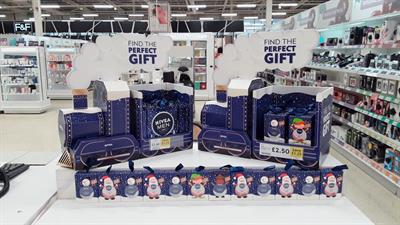
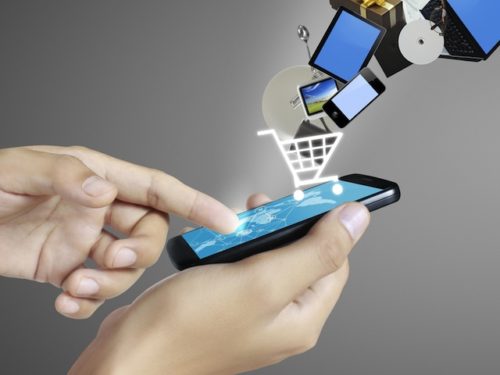

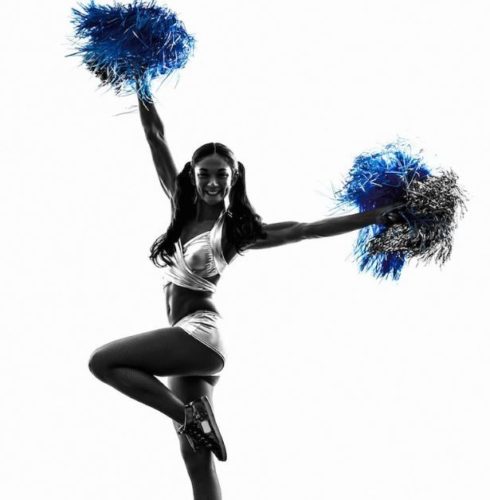



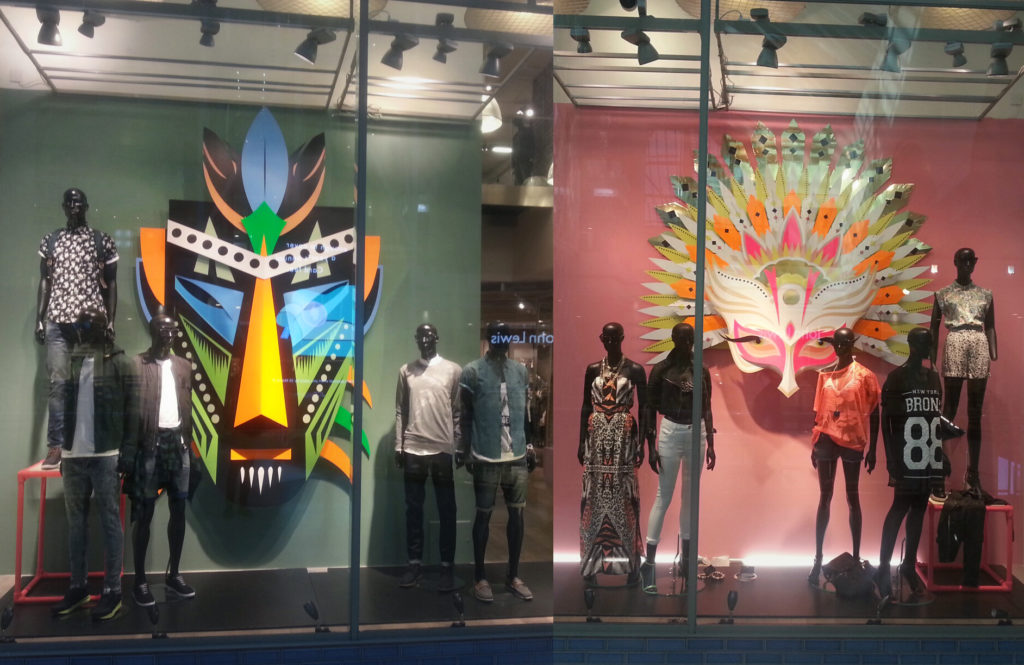

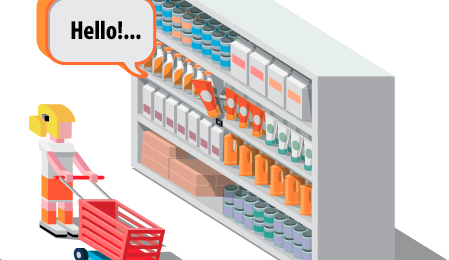

Latest posts